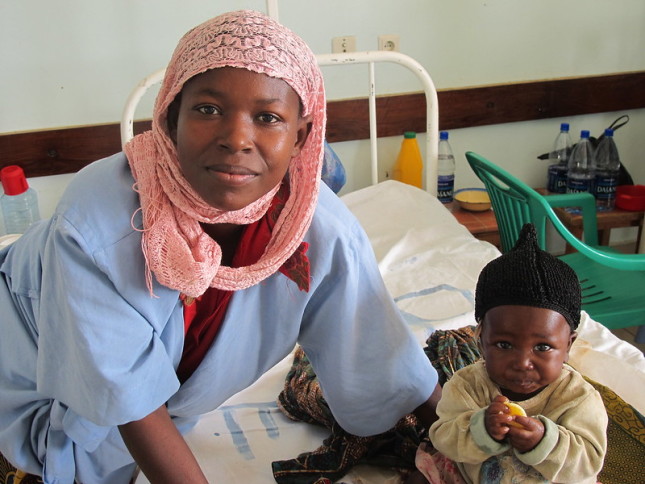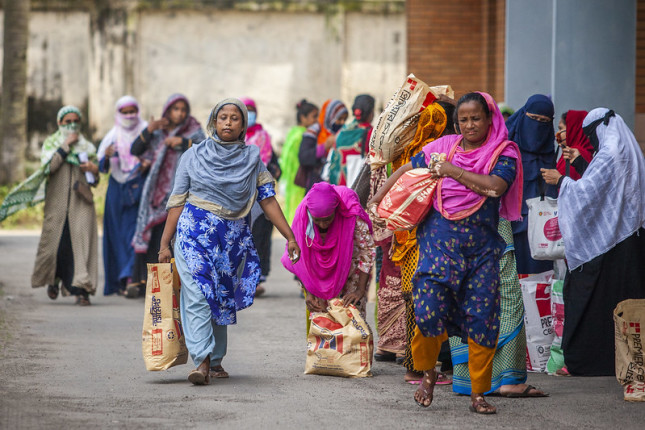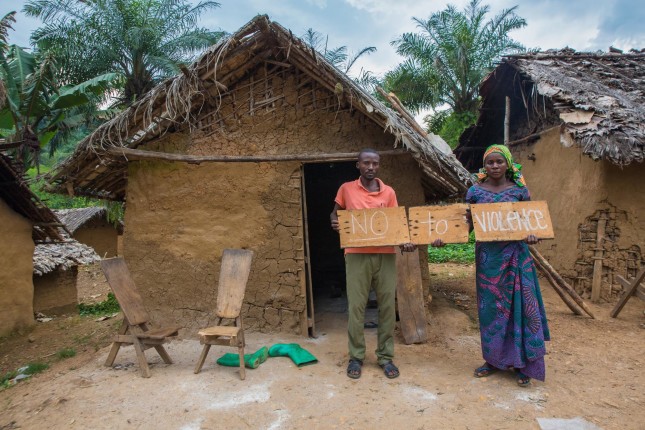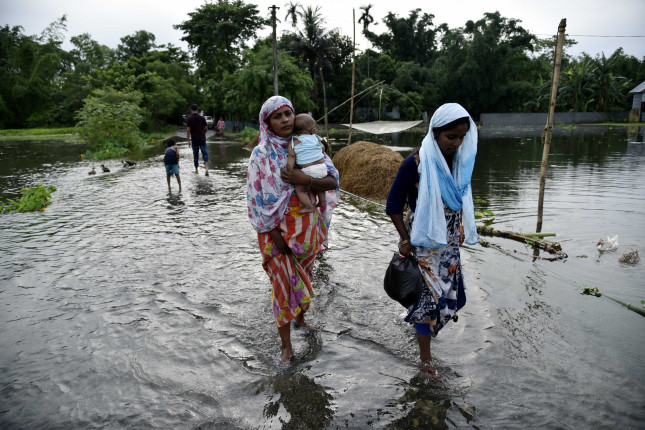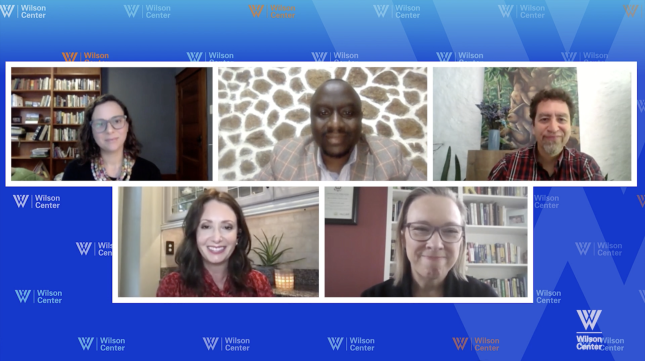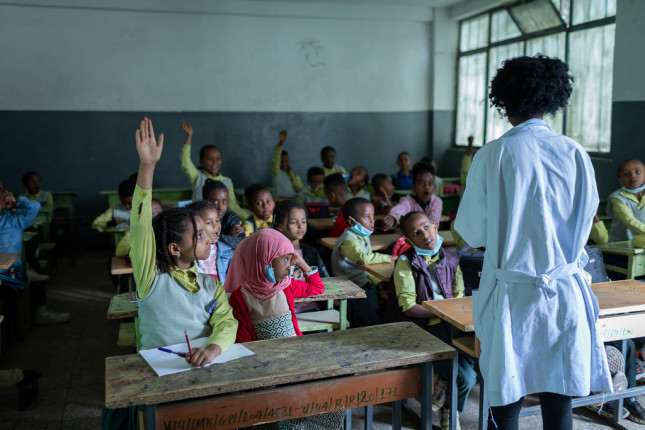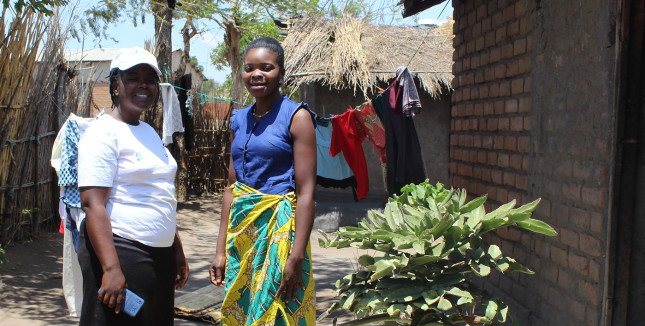-
Cancer and the Kali Yuga: Gender, Inequality, and Health in South India (Book Launch)
›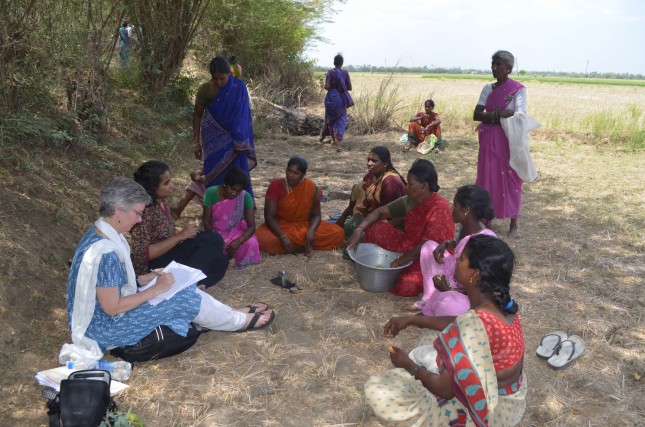
Under the narrow shade of our umbrellas, a community health worker from a local NGO and I walked along a dirt path to the edge of some paddy fields in a village in Tamil Nadu, South India in the summer of 2015. There we met a group of Dalit (oppressed-caste) women who were squeezed together under a clump of trees on a small strip of raised land between two fields.
The summer of 2015 was one of the hottest on record in South India at that time, with temperatures consistently above 40ºC (104ºF) every day. Rains which should have begun to arrive had not come by mid-July. These women were hoping to be called for daily agricultural wage labor in the fields, and they had taken refuge under the shade while they waited. They had been waiting all morning with no work available; it had been the same for several days because there was a drought and the crops were failing.
-
Top 5 Dot-Mom Guest Contributor Posts in 2022
›
In 2022, the Dot-Mom column published several pieces from expert guest authors from the greater maternal and reproductive health community. In our top read guest contributor piece of the year, Susie Jolly examined the role of colonialism in sexuality education globally. Jolly highlighted examples where sexual health knowledge is built on unethical medical research carried out on racialized people, such as the study of untreated syphilis among Black men in the United States. Sexuality educators, especially those placed in the Global North, have a responsibility to work to decolonize their work. Jolly suggests supporting resources led by marginalized people, critically examining colonialism’s influence in the understanding of sexuality, and shifting the dynamics of who decides on content to lend more weight to non-Western expertise and young people learning from their own experiences.
-
Whisper Networks in a Wider World of Oppression
›
Abortion restrictions may create obstacles for legal access, but they do nothing to eliminate the need for life-saving reproductive healthcare. And when there is a lack of licit opportunities to obtain that care, patients find pathways to get it through alternative networks.
For instance, after the U.S. Supreme Court’s Dobbs v. Jackson decision in June 2022 reversed a decades-long precedent protecting the constitutional right to an abortion, social media and online forums were filled with reactions and resources alike. Among these interventions were viral posts circulated offering to host anyone going on a “camping” trip in a state with legally protected reproductive rights. These “camping trip” posts alluded to a willingness to aid and abet individuals traveling for abortions in states with legally-protected access—and they captured the complications and conflicts embedded in these responses to the ruling.
-
Gender-Based Violence Continues to Impede Progress Towards Gender Equality
›
“COVID-19 and the backlash against women’s sexual and reproductive health and rights are further diminishing the outlook for gender equality,” states a recent report on the current progress toward gender equality across all 17 Sustainable Development Goals (SDGs) from the United Nations Entity for Gender Equality and the Empowerment of Women (UN Women) and the Department of Economic and Social Affairs. Yet the new report also zeroes in on another factor that is diminish progress on gender equality: violence. The authors observe that “violence against women remains high, global health, climate and humanitarian crises have further increased risks of violence, especially for the most vulnerable women and girls, and women feel more unsafe than they did before the pandemic.”
-
An Inextricable Link: Maternal and Newborn Health and Climate Change
›
“The effects of climate change can begin in the womb,” said Sarah Barnes, the Project Director of the Maternal Health Initiative at the Wilson Center at a recent event on the impact of climate change on maternal and newborn health outcomes, hosted by the Wilson Center and UNFPA. It is a connection that “[makes] it imperative that climate change and maternal and newborn health leaders work together to tackle climate change and improve maternal and newborn health outcomes, globally.”
-
Climate Change, Population, and the Shape of the Future
›
As the world’s attention has turned in November 2022 to the UN COP 27 climate change conference, another important global milestone is also drawing attention. Today, November 15, 2022, the global population is predicted to reach 8 billion. By 2050, it will be 9.7 billion.
-
Meeting Africa’s Demographic Challenge
›
Often cast into the backwaters of U.S. foreign policy, sub-Saharan Africa now looms large as the Biden Administration grapples with a wide range of global challenges. President Biden will soon host the upcoming Africa Leaders’ Summit in Washington, that acknowledges the U.S. government must do much more in Africa in order to advance U.S. interests and global prosperity.
-
Meeting Family Planning Supply Chain Challenges in Sub-Saharan Africa
›
Last April, Eless Limani set out on a long and costly bicycle ride to the Mponela Health Center to get a new supply of birth control pills, her usual contraceptive. The 32-year-old mother was not ready to have a second child.
Showing posts from category sexual and reproductive health.


